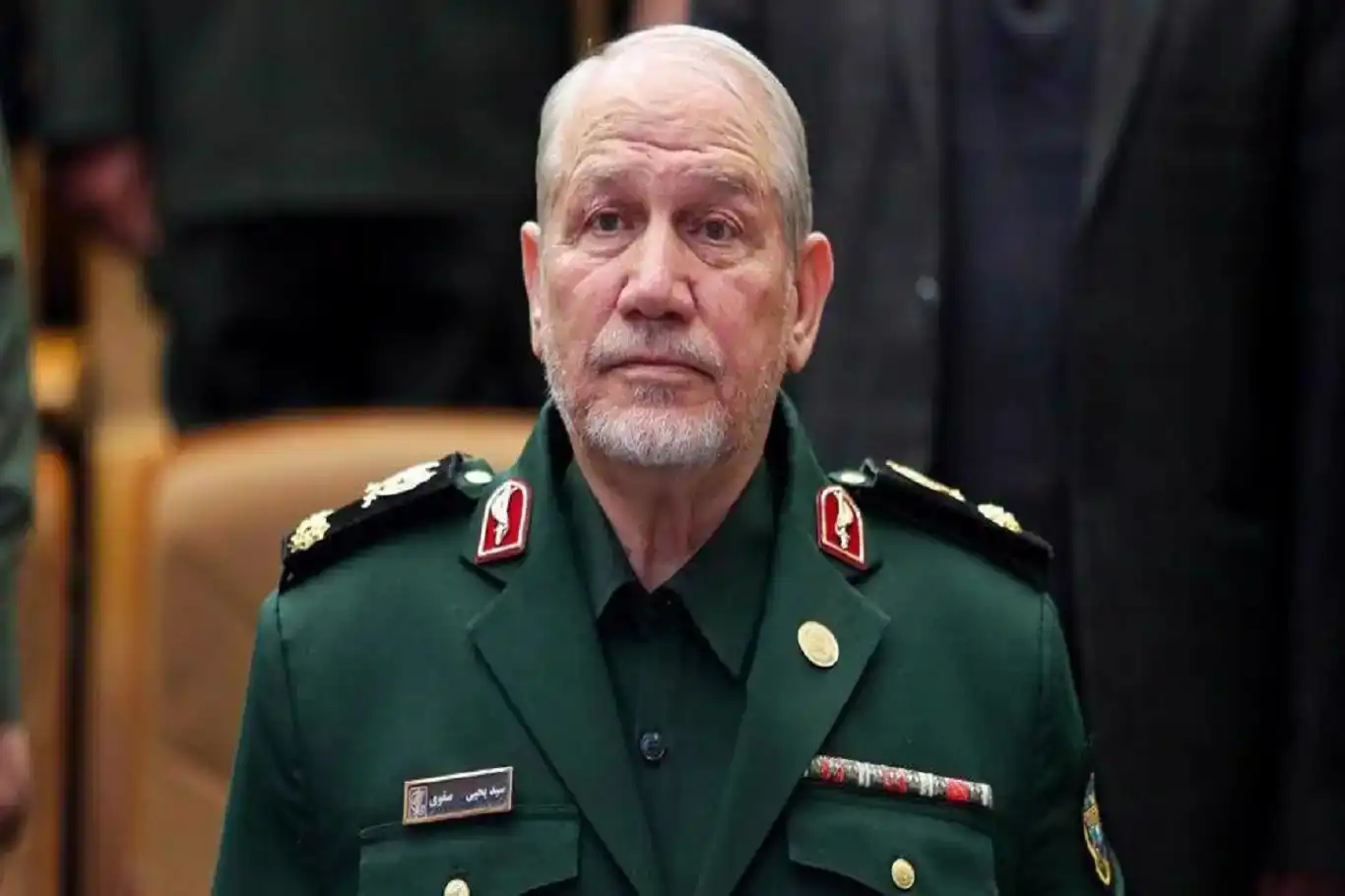Iranian senior general warns of ‘possible’ new war with U.S. and Israel


Iran’s top military advisor has issued a stark warning that the Middle East could face a new conflict, asserting that the Islamic Republic remains in a permanent “state of war” rather than a period of ceasefire with its adversaries.
Major General Yahya Rahim Safavi, senior advisor to Iran’s Armed Forces Commander-in-Chief and Supreme Leader Ayatollah Ali Khamenei, emphasized that any current calm in the region “could collapse at any moment.” Speaking from Tehran, Safavi underscored that Iran has no formal agreements or protocols with the United States or Israel to reduce tensions.
“Iran is not in a state of ceasefire, but in a state of war,” Safavi said, adding that the apparent calm is fragile and temporary. The remarks offer a rare insight into the strategic mindset at the highest levels of Iran’s military leadership, signaling constant preparedness and deep mistrust of diplomatic initiatives by Washington and Tel Aviv.
Safavi, a former commander of the Islamic Revolutionary Guard Corps (IRGC), linked this perpetual state of hostility to the perceived doctrines of Iran’s main regional adversaries. “The Americans and Israelis believe that peace can only be achieved through force,” he said, emphasizing that Iran must maintain strength both regionally and globally to deter potential attacks.
Highlighting Iran’s proactive defense strategy, Safavi stressed the principle that “the best defense is attack.” He outlined a comprehensive military doctrine that prepares for worst-case scenarios and incorporates Iran’s full range of national capabilities, including diplomatic, media, cyber, missile, and unmanned aerial vehicle operations. His explicit mention of missile and drone programs underlines the central role of asymmetric warfare in Iran’s defense planning.
“Being prepared for war is the most appropriate way to ensure peace,” Safavi concluded, reflecting a strategic approach that views readiness for conflict as a guarantee of national security on Iran’s terms.
Safavi’s warnings come in the wake of a 12-day aerial conflict with Israel that nearly escalated into a full-scale war. The confrontation began on June 13 with a surprise Israeli attack on multiple Iranian military and nuclear sites, resulting in the deaths of at least 1,062 people, including 786 military personnel and 276 civilians, according to Iranian sources. Iran retaliated with missile strikes targeting Israeli cities, which, according to Israeli government figures, killed 31 civilians and one off-duty soldier.
The conflict escalated further on June 22 when the United States launched airstrikes on Iran’s key nuclear facilities in Fordow, Natanz, and Isfahan. Hostilities ended two days later following a US-brokered ceasefire on June 24. The brief war, however, inflicted significant economic and strategic costs on both nations.
Iran’s senior military advisor’s statements suggest that, despite the ceasefire, Tehran remains vigilant and prepared for renewed conflict, signaling that regional tensions are far from resolved. (ILKHA)
LEGAL WARNING: All rights of the published news, photos and videos are reserved by İlke Haber Ajansı Basın Yayın San. Trade A.Ş. Under no circumstances can all or part of the news, photos and videos be used without a written contract or subscription.
India and China have announced a series of confidence-building measures, including the resumption of direct flights, the reopening of border trade at three Himalayan passes, and the expansion of the sacred Kailash Mansarovar pilgrimage.
The Gaza Strip continues to endure catastrophic loss as the death toll from Israel’s relentless military campaign since October 2023 has climbed to 62,122, with the majority being women and children, according to medical sources.
Russian President Vladimir Putin held a phone call with Turkish President Recep Tayyip Erdogan on Wednesday to review recent developments in the Russia-Ukraine conflict, the outcome of Putin’s summit with U.S. President Donald Trump, and ongoing peace negotiations, the Kremlin said in a statement.
Iran’s Defense Minister, Brigadier General Aziz Nasirzadeh, announced that the country now possesses a new generation of advanced missiles, capable of decisively defending the Islamic Republic against any acts of aggression by Israel or its Western backers.